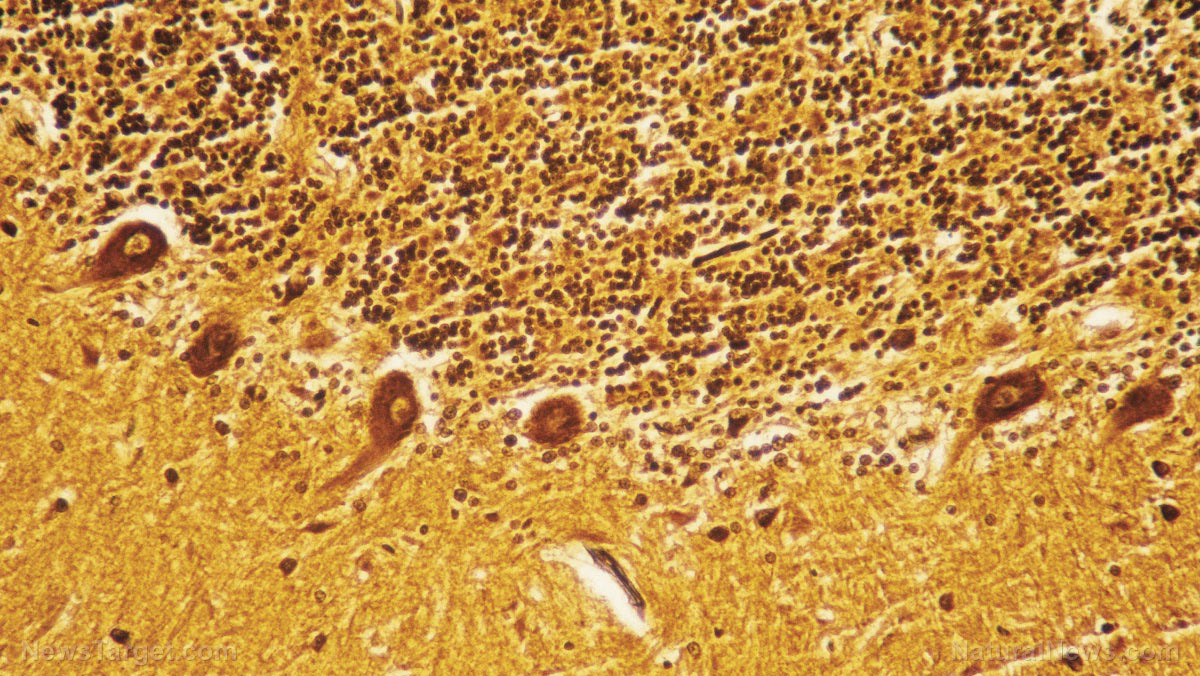Stunning research finds that yoga and meditation literally “repair” your DNA to eliminate disease and depression
07/03/2017 / By Vicki Batts

Balancing activities like Tai Chi, yoga and meditation are touted for their ability to promote a sense of well-being and reduce stress, but is there more to it than meets the eye? While these exercises are known for being great ways to relax, new research has shown that their benefits extend far past the ephemeral. The relief mind-body interventions can offer isn’t just mental; in fact, these activities can actually bring about physical changes at the molecular level.
A recent study led by scientists from Coventry University and Radboud University have shown that mind-body interventions can turn back molecular reactions within your DNA that cause disease and depression.
The study’s lead researcher Ivana Buric, from the Brain, Belief and Behaviour Lab in Coventry University’s Centre for Psychology, Behaviour and Achievement, commented, “These activities are leaving what we call a molecular signature in our cells, which reverses the effect that stress or anxiety would have on the body by changing how our genes are expressed. Put simply, MBIs [mind-body interventions] cause the brain to steer our DNA processes along a path which improves our wellbeing.”
Buric also noted that millions of people are already reaping the benefits of mind-body exercises like yoga and Tai Chi, without even realizing how truly beneficial these activities are for their bodies. Buric states that while more studies still need to be done to fully ascertain the scope of what mind-body intervention can do, she believes that their research is a key building block for future research efforts.
Published in the journal Frontiers in Immunology, their study analyzes more than a decades’ worth of research on how mind-body intervention strategies can impact the behavior of DNA. Genetic expression was a focal point of the team’s research, because the way genes are activated to produce proteins can have a system-wide impact. The biological composition of the brain, body and immune system can all be affected by the way genetic proteins are expressed.
In total, the team reviewed 18 studies with a combined 846 participants. The experts determined that when looked at as a whole, the 11 years of data “reveal a pattern in the molecular changes which happen to the body as a result of MBIS [mind-body interventions], and how those changes benefit our mental and physical health.”
It’s known that when a person undergoes a stressful event, their body goes into what’s often known as the “flight or fight” response. This process also triggers the production of a molecule that regulates gene expression, known as nuclear factor kappa B, or NF-kB.
“NF-kB translates stress by activating genes to produce proteins called cytokines that cause inflammation at cellular level,” as Science Daily explains. While this reaction is useful temporarily, when it is consistent over time, it can be quite damaging and increase the risk of diseases like cancer and disorders like depression. It can even accelerate the aging process.
However, the research team found that people who practice mind-body interventions on a regular basis showcase a reduction in the production of NF-kB and related cytokines. In turn, this leads to a decrease and reversal of pro-inflammatory gene expression. Ultimately, this lowers the risk of inflammation-related conditions.
Past research on meditation and other similar activities has also indicated that these exercises can have far-reaching effects on the brain and body. For example, recent research has shown that meditation can help keep your brain youthful and on average, reduce “brain age” by over seven years. Earlier this year, a research team from Harvard University also found that yoga can elicit positive changes in metabolic function.
These mind-body activities are clearly a force to be reckoned with.
Sources:
Tagged Under: health benefits, Meditation, Yoga




















